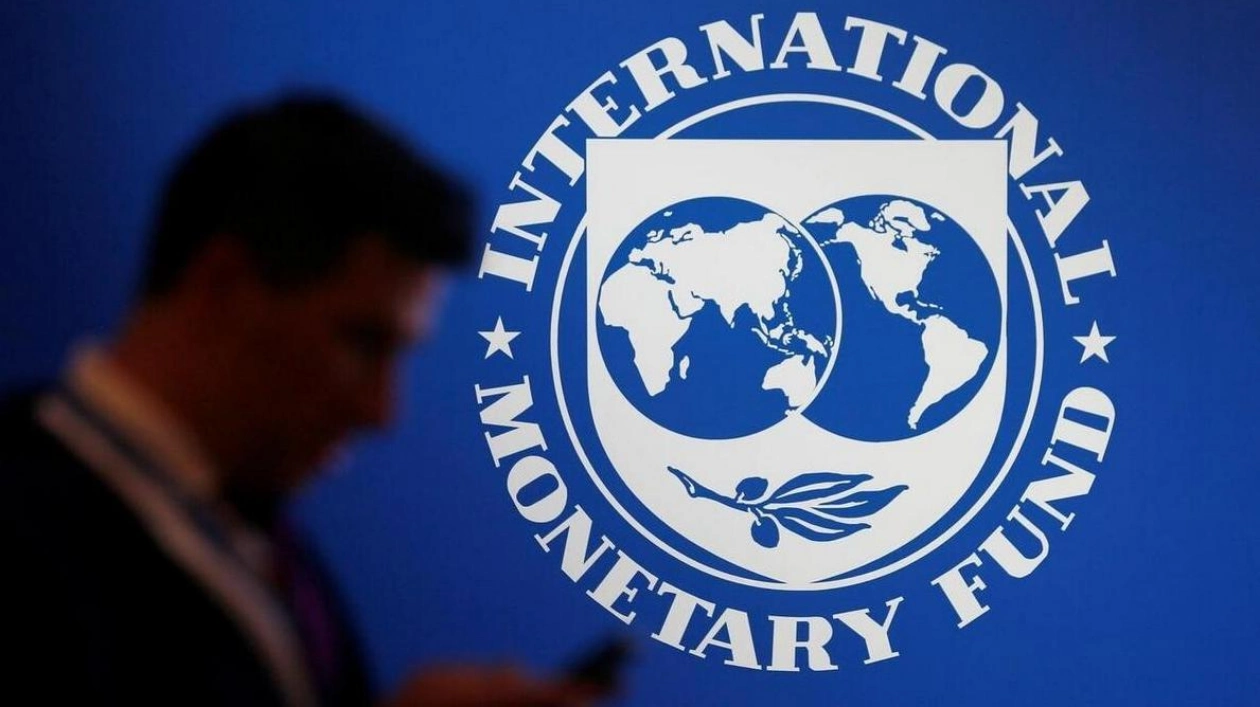In its latest report, the International Monetary Fund (IMF) maintained its global growth projections for 2024, while cautioning about potential inflation risks and escalating trade tensions.
The IMF revised its growth estimates for the United States and Japan downwards for 2024, but improved its outlook for China, India, and Europe. The fund predicts a modest global economic expansion of 3.2 percent this year and 3.3 percent in 2025, unchanged from its April forecast. The IMF's World Economic Outlook update highlights that the fight against rising prices has been hindered by more persistent than expected inflation in services, ranging from airline tickets to dining out.
"Global growth is holding steady," stated Pierre-Olivier Gourinchas, the IMF's chief economist, during a press briefing. However, the current pace of global economic expansion is still lackluster compared to historical standards. From 2000 to 2019, global growth averaged 3.8 percent annually.
The IMF, an organization comprising 190 nations, aims to foster economic growth, financial stability, and poverty reduction worldwide. Gourinchas projected that China and India would together contribute nearly half of the global growth this year. Due to a surge in Chinese exports at the beginning of 2024, the IMF raised its growth forecast for China to 5.0 percent from the previously estimated 4.6 percent, although this is lower than the 5.2 percent growth in 2023.
The IMF's forecast preceded Beijing's announcement that China's economy, the second-largest in the world, grew at a slower-than-anticipated 4.7 percent annual rate from April to June, down from 5.3 percent in the first quarter. China's economy, which previously experienced double-digit growth rates, is now grappling with significant challenges, including a collapsing housing market and an aging population leading to labor shortages.
By 2029, Gourinchas anticipates China's growth to decelerate to 3.3 percent. Meanwhile, India's economy is expected to grow by 7.0 percent, up from the previously forecasted 6.8 percent, partly due to increased consumer spending in rural areas.
The IMF noted that "signs of recovery have emerged in Europe," which has been impacted by high energy prices and other economic repercussions from Russia's 2022 invasion of Ukraine. The fund raised its 2024 growth forecast for the 20 eurozone countries by 0.1 percentage points to 0.9 percent, citing improvements in Europe's service sector. However, the IMF reduced its growth forecast for the United States to 2.6 percent due to a weak first quarter, and for Japan to 0.7 percent, reflecting disruptions in Japan's first-quarter growth caused by the closure of a major automobile plant.
Global inflation, which surged to 8.7 percent in 2022, is expected to ease gradually from 6.7 percent in 2023 to 5.9 percent this year and 4.4 percent in 2025. However, the IMF cautioned that the deceleration is slowing, particularly in services, and warned that some central banks might maintain higher interest rates for longer than expected until inflation is firmly controlled. This could potentially hinder global growth due to increased borrowing costs.
"The good news is that as headline shocks have diminished, inflation has declined without causing a recession," Gourinchas wrote in a blog post accompanying the report. The downside, he noted, is that inflation has not yet returned to pre-pandemic levels.






